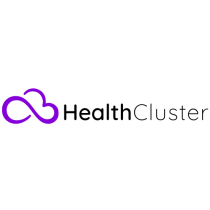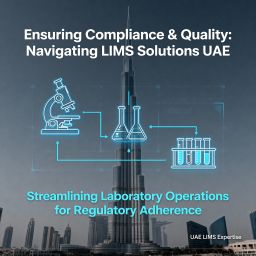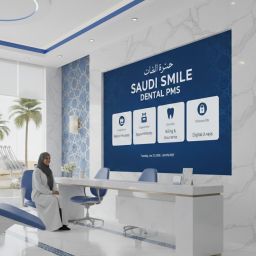
How Health Cluster’s Smart Solutions Empower Healthcare Teams
Burnout among clinicians has escalated to the point where it is critical and facing the issue is not a matter of personal difficulty but of systemic problem. Increased administrative work, long working hours, and the same are driving medical workers to the limit. The World Health Organization has made burnout an occupational phenomenon. But the answer is not to ask doctors to do less, the answer is to keep them doing better, faster, and smarter.
It comes to that level where intelligent automation is created, and this is where Health Cluster becomes instrumental in aiding healthcare professionals with valuable digital tools.
The Root Causes of Clinician Burnout
So what is causing the burnout crisis? What are we looking at before finding solutions?
- Administrative overload: Note taking, billing, appointment making and insurance chasing consume the same amount of time as patient care.
- Suboptimal systems: Disparate systems compel clinicians to alternate between technologies that are both time and energy-wasting.
- Mental fatigue: An excessive load of tasks and continuously making high-stake choices is also called cognitive overload.
- Work-life imbalance: The boundary between work and life is usually broken in work overburdened hospitals and clinics.
Intelligent Automation
Intelligent automation is an integration of AI, machine learning, and automated workflows, so that repetitive, manual, and error prone tasks are taken over. It does not substitute clinicians, but it supplements them by enabling them to do what is most important, their patients.
Also Read: From Hype to Healing: How AI Is Actually Transforming Healthcare in 2025
How HealthCluster Is Redefining Workflow with Automation
HealthCluster’s suite of digital health solutions is designed with clinician ease in mind. Here’s how it helps fight burnout across every stage of care
1. Smart EMRs That Write Themselves
Health Cluster EMR platform has AI-generated summaries and templates and auto-populates clinical notes, saving doctors time on the documentation path. Medication lists, lab results and diagnostic histories are grouped into a one sleek view.
Effect: Doctors type less and interact with the client more.
2. Automation Lab Ordering/Integration (LIS)
The LIS system is the best feature of Health Cluster because clinicians can initiate lab orders right out of the patient chart, no manual data entry, no tab switching. The EMR automatically updates results and there are alerts of abnormal values.
Benefits: Minimizes delays, never-ending tasks along with losses of outcomes, yet enhances patient safety.
3. Digital Scheduling and Reminders
Health Cluster eliminates the hassle of juggling administrative work with automated appointment reminders, self-scheduling portals, and intelligent calendar syncing.
Value: Decreased no-shows, efficient patient flow, and less number of calls clinicians/staff would have to attend to.
4. Clinical Decision Support powered by AI
The AI capabilities integrated within Health Cluster recommend diagnoses, warn against drug interactions, and help devise treatment courses of actions: all using real-time and best practice-based data.
Effect: Decreases decision fatigue and promotes evidence-based care, particularly with overworked teams.
5. Automation of Finances and Claims
In terms of suggestions on billing codes, automated claims tracking, among others, the finance module saves clinicians not to mention administrative personnel a number of hours per week.
Effect: Better precision, fewer underpaid posts, and sleep.
6. Remote Monitoring That Works in the Background
In managing chronic care, the integrated remote patient monitoring capabilities within the Health Cluster platform enables clinicians to follow vitals and symptoms without patients needing to return to the clinic.
Outcome: Reduced repeat visits, reduced documentation and improved care delivery.
The Human ROI: Empowerment and Relief
By automating what can be automated, Health Cluster gives clinicians the two things they value most: time and clarity. This leads to:
- Lower stress levels
- Improved job satisfaction
- More meaningful patient interactions
- Better retention and morale
Final Thoughts
Burnout won’t be solved by adding more burden to the system; it will be solved by redesigning the system itself. Intelligent automation isn’t a luxury; it’s a necessity for modern healthcare.
Health Cluster is proud to be part of the solution by delivering smarter systems that restore energy, focus, and joy to clinical practice.















